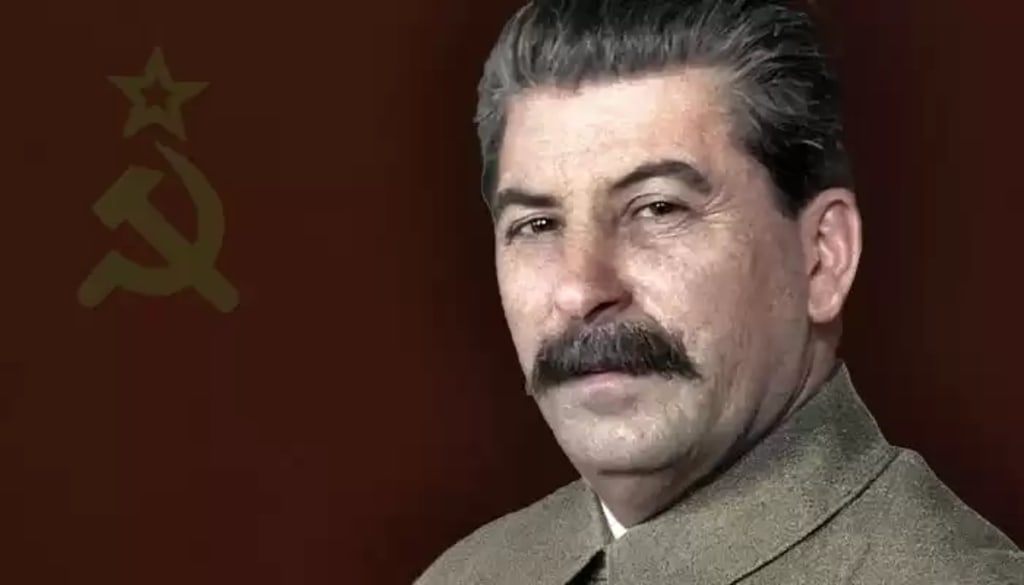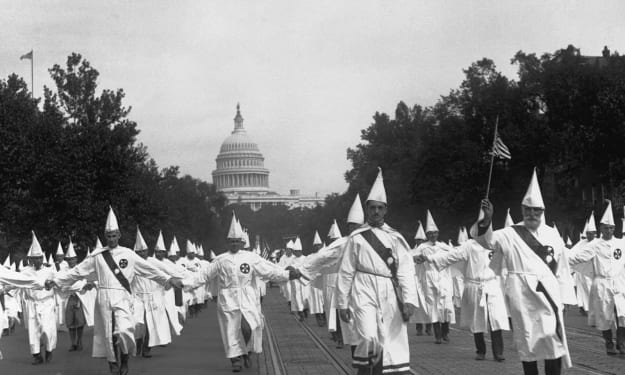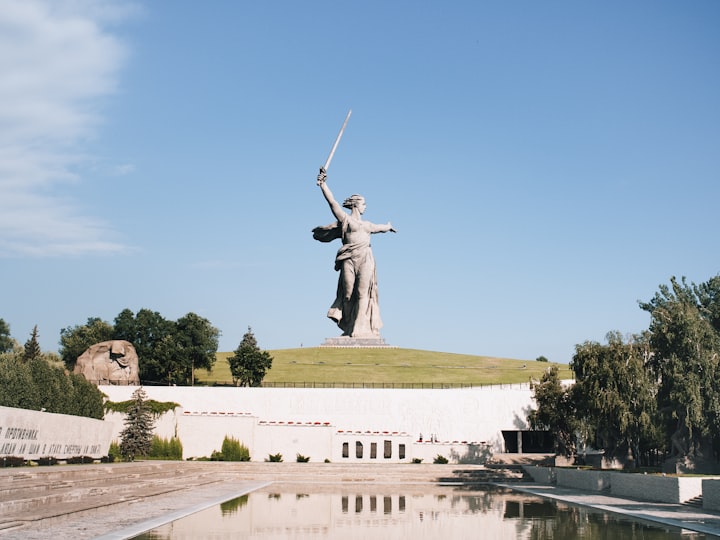Joseph Stalin: The Rise and Crimes of the Soviet Dictator
The Ruthless Dictator Who Transformed the Soviet Union Through Fear and Brutality

Joseph Stalin was one of the most powerful and murderous dictators in modern history. He ruled the Soviet Union from the mid-1920s until his death in 1953, transforming the country into a major world power but at the cost of tremendous human suffering.
Stalin was born Iosif Vissarionovich Dzhugashvili in 1878 in Georgia, then part of the Russian Empire. His childhood was marked by poverty and an abusive alcoholic father. As a young man, Stalin became involved in revolutionary politics, eventually adopting the name "Stalin," meaning "man of steel." He joined Vladimir Lenin's Bolshevik movement which sought to overthrow the Russian tsar.
After the Bolshevik Revolution succeeded in 1917, Stalin rose to power in the new communist government. After Lenin's death in 1924, Stalin cunningly outmanoeuvred his rivals and took control of the Communist Party. He soon turned the Soviet Union into a totalitarian state centered around his own cult of personality. Millions of Soviet citizens were arrested, tortured and executed under his cruel dictatorship.
Stalin implemented rapid industrialization and agricultural collectivization programs which caused widespread misery. To crush peasant resistance to collectivization, Stalin engineered a devastating famine in Ukraine in 1932-1933 that killed millions. He expanded the system of labor camps known as the "gulag" across the Soviet Union, essentially creating a vast network of concentration camps filled with political dissidents, criminals and ordinary citizens swept up in his paranoid purges.
In the 1930s, Stalin instituted a series of show trials where officials were coerced into making false confessions before being executed. Victims included some of Stalin's former Bolshevik colleagues. Stalin's secret police were given quotas of people to arrest and execute, resulting in the imprisonment or death of 20 million Soviet citizens during Stalin's rule.
On the world stage, Stalin initially tried to avoid war with Hitler's Germany through the 1939 Nazi-Soviet Pact. But in 1941 Germany invaded the USSR, bringing terrible devastation as German forces pressed within reach of Moscow. Stalin took direct control of military strategy, playing a key role in turning the tide at the Battle of Stalingrad in 1943. His forces ultimately captured Berlin in 1945. Stalin was now leader of a superpower, having expanded Soviet control into Eastern Europe.
The Soviet people suffered immense losses during World War II, with over 20 million dead. Returning soldiers hoped for a better life after the war, but Stalin continued his oppressive tyranny. His growing paranoia led to anti-Semitic policies and further arbitrary arrests and executions.
Abroad, Stalin was portrayed positively as the leader who defeated Hitler. Many Western intellectuals sang his praises, failing to acknowledge the horrors of the gulag labour camps and political purges. Inside the Soviet Union, the population was bombarded with state propaganda exaggerating Stalin's wisdom and achievements as a leader.
By the time he died in 1953 at age 74, Stalin's victims numbered in the millions. Yet he was mourned as a beloved father figure by many Soviets who could not imagine life without him. In 1956, his successor Nikita Khrushchev would denounce Stalin's "cult of personality" in a famous speech that shocked the nation and exposed the full barbarity of his reign.
While Stalin transformed the Soviet Union into an industrial and military superpower, this achievement came at an almost unimaginable human cost. His name evokes the darkest, bleakest period in Soviet history when citizens lived in constant fear of falling victim to his paranoid purges. Stalin's use of mass detention, torture, forced labour and execution to eliminate anyone perceived as disloyal became a model for other 20th century dictatorships such as Hitler's Germany, Mao's China and Pol Pot's Cambodia. His totalitarian regime suppressed human rights, dignity and freedom on a massive scale, leaving a complex legacy that still scars Russia today.
About the Creator
KWAO LEARNER WINFRED
History is my passion. Ever since I was a child, I've been fascinated by the stories of the past. I eagerly soaked up tales of ancient civilizations, heroic adventures.






Comments
There are no comments for this story
Be the first to respond and start the conversation.